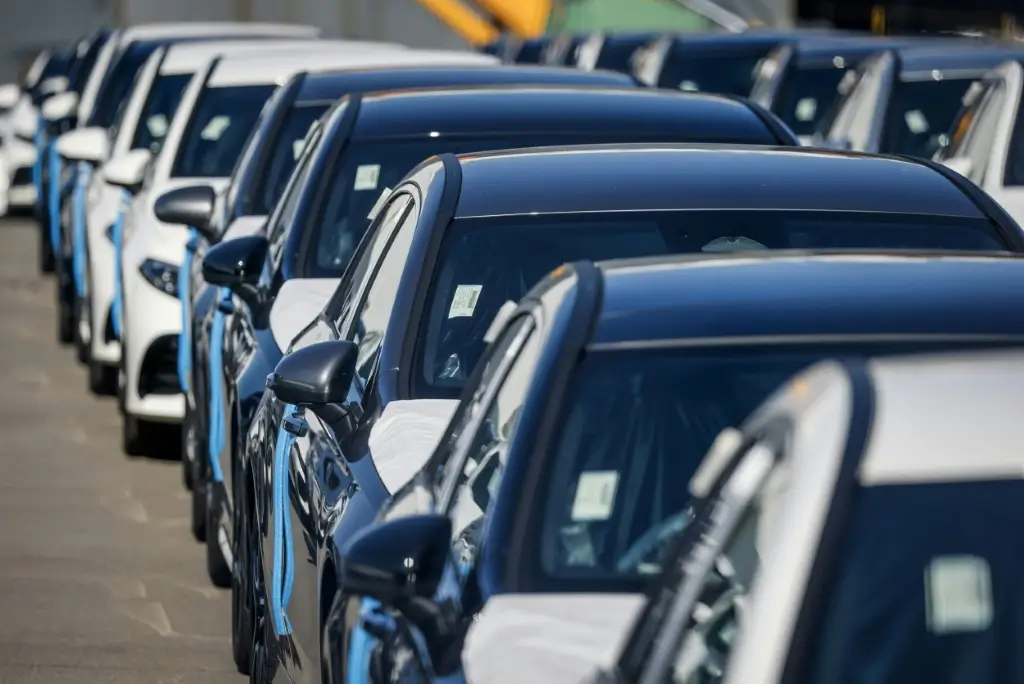
Following a strong increase in July, Germany’s new car market continued to grow in August. The number of newly registered cars was five percent higher than the same month last year, the Federal Motor Transport Authority (Kraftfahrt-Bundesamt, KBA) reported on Wednesday in Flensburg. Electric vehicles (EVs) saw a particularly significant rise, with new registrations increasing by 45.7 percent compared to August 2024.
Overall, according to the KBA, 207,229 passenger cars were newly registered last month. The largest share, 39.8 percent, were hybrid vehicles, an increase of 19.1 percent compared to the previous year. Pure electric vehicles accounted for 19.0 percent of all new registrations in August. Cars equipped with petrol engines represented 27.6 percent of new registrations in August, 18.2 percent less than in August of the previous year. Diesel vehicles had a market share of 13.1 percent, 9.2 percent lower than a year ago.
In July, new registrations had already shown a significant increase of 11.1 percent compared to the previous year. However, automotive market expert Constantin Gall from consulting firm EY noted on Wednesday that the current development is partly due to special effects. At the beginning of July 2024, the EU implemented new rules for additional driver assistance systems and a new cybersecurity directive. Many manufacturers and dealers therefore registered vehicles before the cutoff date that no longer complied with the new regulations.
Regarding electric vehicles, Gall stated that sales last month were significantly higher than the previous year, but still well below 2023 levels. The decline last year was caused by the expiration of state purchase incentives, from which the market is now recovering. “This is not a true EV boom,” he added.
Looking at the overall new car market, Gall said there is currently little evidence of a full recovery. Private buyers and companies continue to hold back on orders. “Economic and geopolitical uncertainty remains very high, and concerns about employment are rising again,” he explained. Given these conditions, the industry must prepare for a prolonged dry spell.
According to the German Association of the Automotive Industry (VDA), the German passenger car market is still significantly below pre-crisis levels of 2019. Current market volume is about a quarter lower than in 2019.